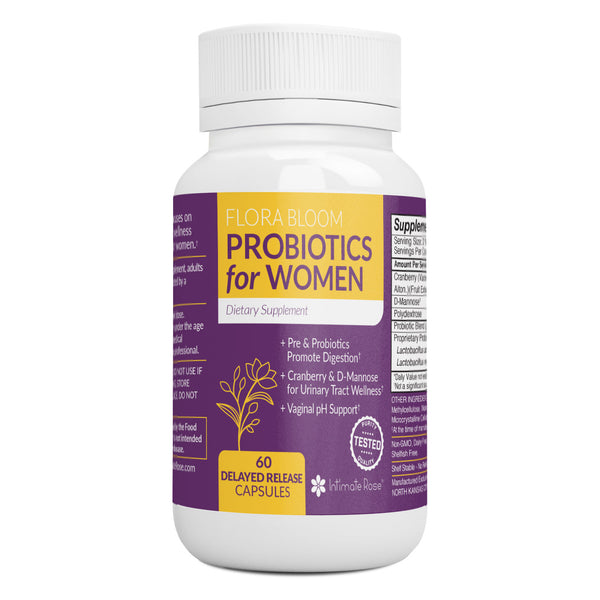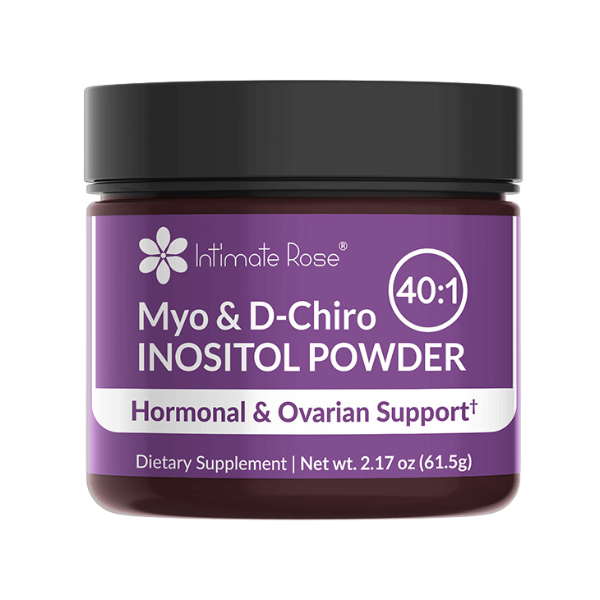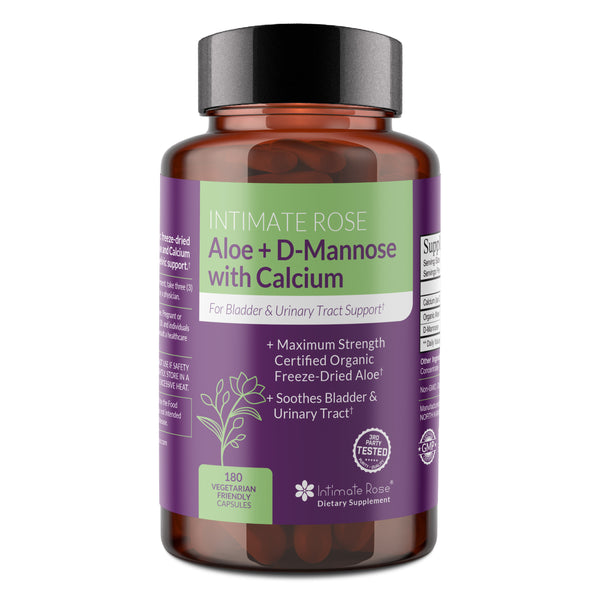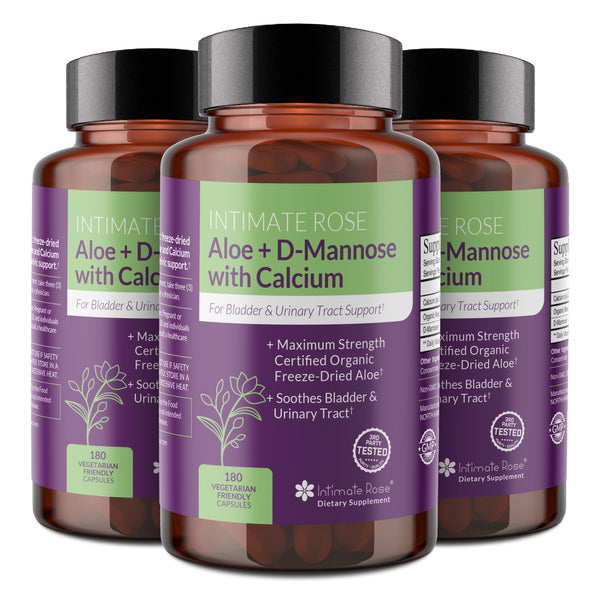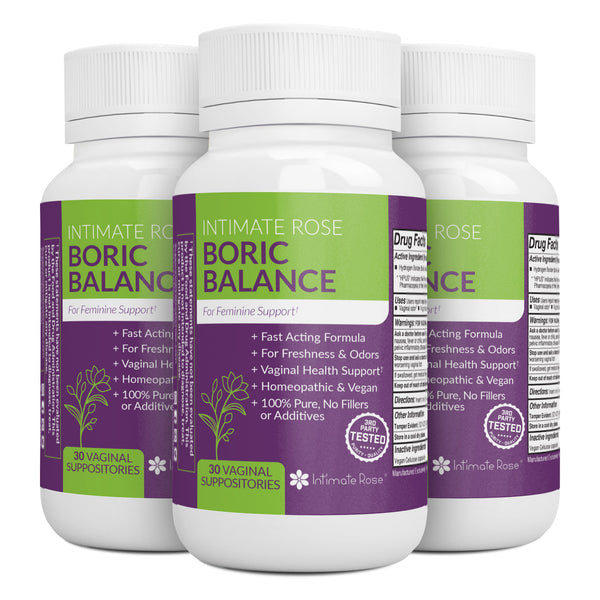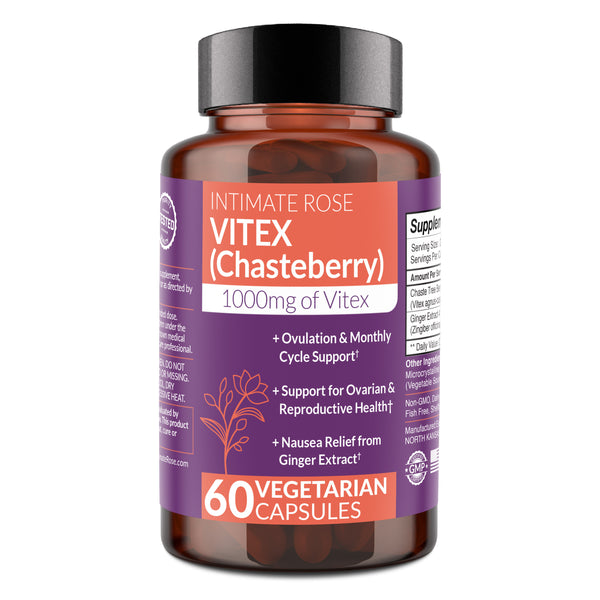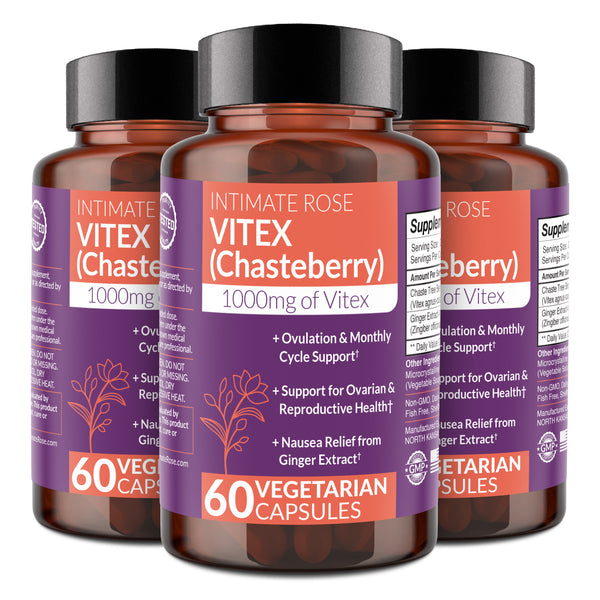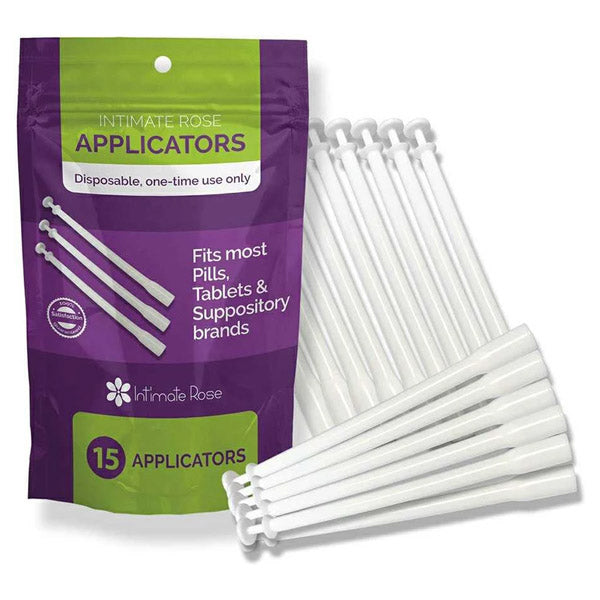At higher doses than you are probably able to eat through diet alone, myo-inositol supplementation (especially when paired with D-chiro-inositol) has been shown to have a number of health benefits. However, one lesser-known benefit to inositol that is appearing in some recent studies is the possible link between inositol and better sleep.
If you’re having trouble getting to sleep, staying asleep at night, or staying awake throughout the day, read on to see some evidence about how inositol can help.
Things Off Down There?
The Importance of Good Sleep
Put simply, good sleep is an essential foundation for good health. The National Heart, Lung, and Blood Institute (NHLBI) reports that lack of sleep can impact the healthy functioning of your brain and heart, emotional and hormonal stability, your sensitivity to insulin, your growth, and your immune system.
Most adults need 7-8 hours of sleep per night to feel rested. According to the NHLBI, if you are sleep deprived, “You may have trouble making decisions, solving problems, remembering things, controlling your emotions and behavior, and coping with change. You may take longer to finish tasks, have a slower reaction time, and make more mistakes.”
Despite all of these potential negative effects, the Centers for Disease Control and Prevention reports that 1 in 3 American adults aren’t getting enough sleep every night (CDC, 2016).
Can Inositol Help With Sleep?
We do not have many studies that directly consider the link between inositol and sleep, but the early results and anecdotal reports we do have are promising.
One Finnish study looked at the neurochemistry in the frontal cortex of 19 non-medicated adolescent boys with depression and poor sleep. They were investigating five different brain chemicals, including myo-inositol, to see how they influenced depression or poor sleep.
Of those, only myo-inositol showed a statistically significant correlation with:
- Severity of depression and anxiety
- Tiredness during the day
- Length of sleep
- Overall psychosocial functioning (Urrila et al, 2017).
One reason that inositol might have a link with both sleep and depression is its relationship with serotonin. One of the effects of chronic sleep deprivation may be that the receptors that allow our body to process serotonin become desensitized (Roman et al, 2005).
Furthermore, while doctors do not fully understand why certain selective serotonin reuptake inhibitors (SSRIs)--the most common antidepressant medication--stop working overtime, some studies have suggested that this desensitization of serotonin receptors might be one factor (Katz, 2011).
However, some research has shown that myo-inositol may have the ability to reduce this desensitization, which could explain inositol’s positive benefits for both mood and sleep (Rahman & Neuman, 1993).
How does the Inositol supplement work?
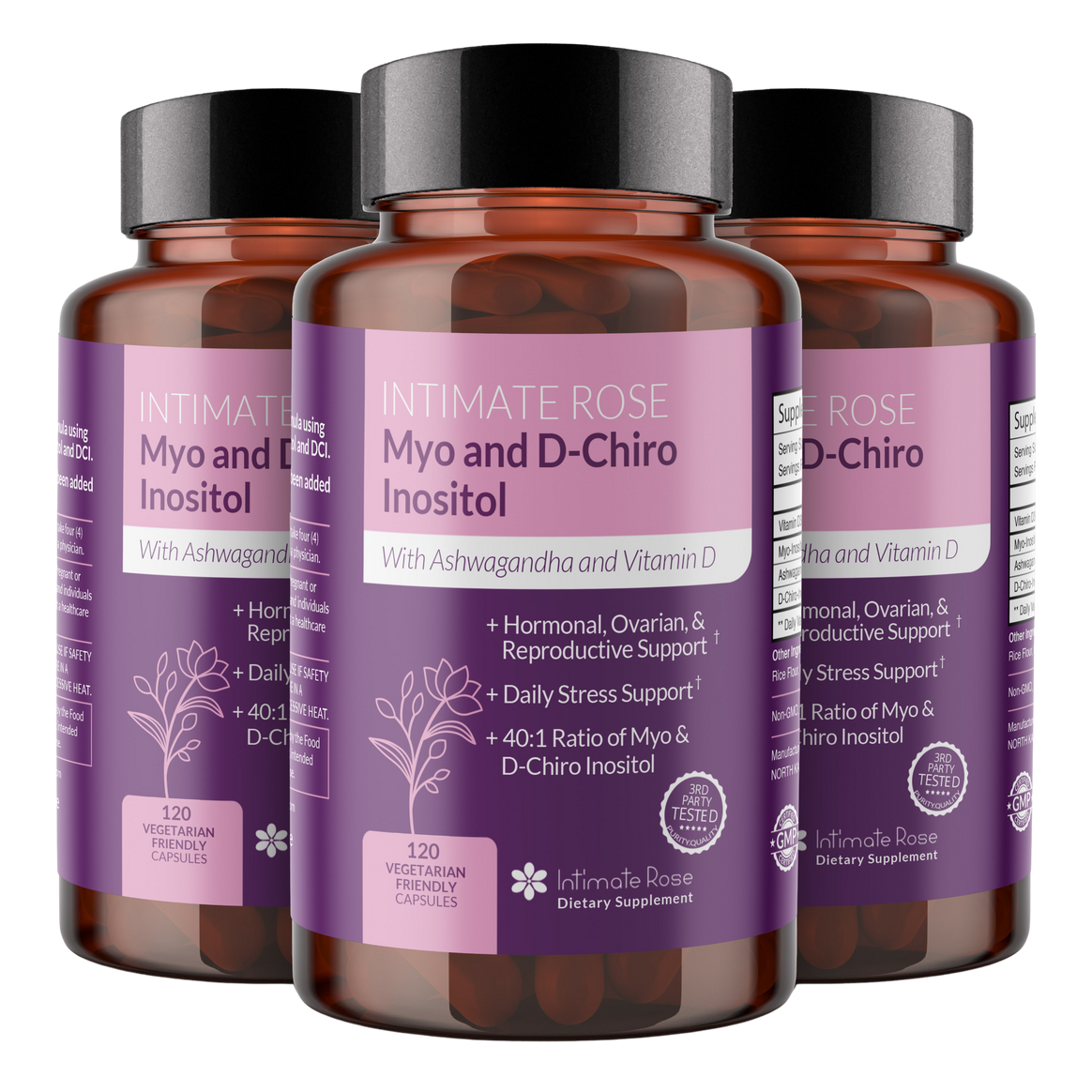
What Else Can Inositol Do?
Early research shows that inositol may be able to:
- Improve the insulin sensitivity and hormonal balance in those with Polycystic Ovarian Syndrome (Wojciechowska et al, 2019; Nordio & Proietti, 2012)
-
Reduce the risk of developing gestational diabetes (Griffith et al, 2020)
- Decrease blood sugar for those with type 2 diabetes (Pintaudi, Di Vieste, & Bonomo, 2016)
- Improve blood sugar and insulin sensitivity in those with metabolic syndrome (Giordano et al, 2011)
- Help the body process serotonin and dopamine--two chemicals associated with mental illnesses and mood (Levine, 1997)
Conclusion
We still need more research to conclude the link between inositol and sleep. However, initial reports have been very promising, indicating that inositol may help to reverse the desensitization of receptors that let our bodies process serotonin.
The FDA classifies inositol supplementation as GRAS (Generally Regarded as Safe), and while some mild side effects have been reported at doses of between 12-30 grams per day (Formoso et al, 2019), the usual recommended daily dose of inositol is far below this and usually comes with no side effects.
If you think inositol may help you manage your sleep, mood, PCOS, insulin resistance, or any other condition, talk to your doctor.
References
- Clements Jr, R. S., & Darnell, B. (1980). Myo-inositol content of common foods: development of a high-myo-inositol diet. The American journal of clinical nutrition, 33(9), 1954-1967. https://doi.org/10.1093/ajcn/33.9.1954
- National Heart Lung and Blood Institute (NHLBI), U.S. Department of Health and Human Services. Sleep Deprivation and Deficiency. https://www.nhlbi.nih.gov/health-topics/sleep-deprivation-and-deficiency.
- Centers for Disease Control and Prevention (CDC), U.S. Department of Health & Human Services (2016). 1 in 3 adults don't get enough sleep. https://www.cdc.gov/media/releases/2016/p0215-enough-sleep.html.
- Urrila, A. S., Hakkarainen, A., Castaneda, A., Paunio, T., Marttunen, M., & Lundbom, N. (2017). Frontal cortex Myo-inositol is associated with sleep and depression in adolescents: a proton magnetic resonance spectroscopy study. Neuropsychobiology, 75(1), 21-31. https://doi.org/10.1159/000478861
- Roman, V., Walstra, I., Luiten, P. G., & Meerlo, P. (2005). Too little sleep gradually desensitizes the serotonin 1A receptor system. Sleep, 28(12), 1505-1510. https://pubmed.ncbi.nlm.nih.gov/16408408/
- Katz, G. (2011). Tachyphylaxis/tolerance to antidepressants in treatment of dysthymia: results of a retrospective naturalistic chart review study. Psychiatry and clinical neurosciences, 65(5), 499-504. https://doi.org/10.1111/j.1440-1819.2011.02231.x
- Rahman, S., & Neuman, R. S. (1993). Myo-inositol reduces serotonin (5-HT2) receptor induced homologous and heterologous desensitization. Brain research, 631(2), 349-351. https://doi.org/10.1016/0006-8993(93)91557-9
- Wojciechowska A, Osowski A, Jóźwik M, Górecki R, Rynkiewicz A, Wojtkiewicz J. (2019). Inositols’ Importance in the Improvement of the Endocrine–Metabolic Profile in PCOS. International Journal of Molecular Sciences, 20(22):5787. https://doi.org/10.3390/ijms20225787
- Nordio, M., & Proietti, E. (2012). The combined therapy with myo-inositol and D-chiro-inositol reduces the risk of metabolic disease in PCOS overweight patients compared to myo-inositol supplementation alone. European review for medical and pharmacological sciences, 16(5), 575–581.
- Griffith RJ, Alsweiler J, Moore AE, Brown S, Middleton P, Shepherd E, Crowther CA (2020). Interventions to prevent women from developing gestational diabetes mellitus: an overview of Cochrane Reviews. Cochrane Database of Systematic Reviews 2020, Issue 6. Art. No.: CD012394 https://doi.org/10.1002/14651858.CD012394.pub3
- Pintaudi, B., Di Vieste, G., & Bonomo, M. (2016). The Effectiveness of Myo-Inositol and D-Chiro Inositol Treatment in Type 2 Diabetes. International journal of endocrinology, 2016, 9132052. https://doi.org/10.1155/2016/9132052
- Giordano, D., Corrado, F., Santamaria, A., Quattrone, S., Pintaudi, B., Di Benedetto, A., & D'Anna, R. (2011). Effects of myo-inositol supplementation in postmenopausal women with metabolic syndrome: a perspective, randomized, placebo-controlled study. Menopause, 18(1), 102-104 https://doi.org/10.1097/gme.0b013e3181e8e1b1
- Levine, J. (1997). Controlled trials of inositol in psychiatry. European neuropsychopharmacology, 7(2), 147-155. https://doi.org/10.1016/S0924-977X(97)00409-4
- FDA (Food And Drug Administration Department Of Health And Human Services) (2020). Subchapter B‐‐Food For Human Consumption; Sec. 184.1370 Inositol. https://www.accessdata.fda.gov/scripts/cdrh/cfdocs/cfcfr/CFRSearch.cfm?fr=184.1370.
- Formoso, G., Baldassarre, M., Ginestra, F., Carlucci, M. A., Bucci, I., & Consoli, A. (2019). Inositol and antioxidant supplementation: Safety and efficacy in pregnancy. Diabetes/metabolism research and reviews, 35(5), e3154. https://doi.org/10.1002/dmrr.3154

Things Off Down There?




